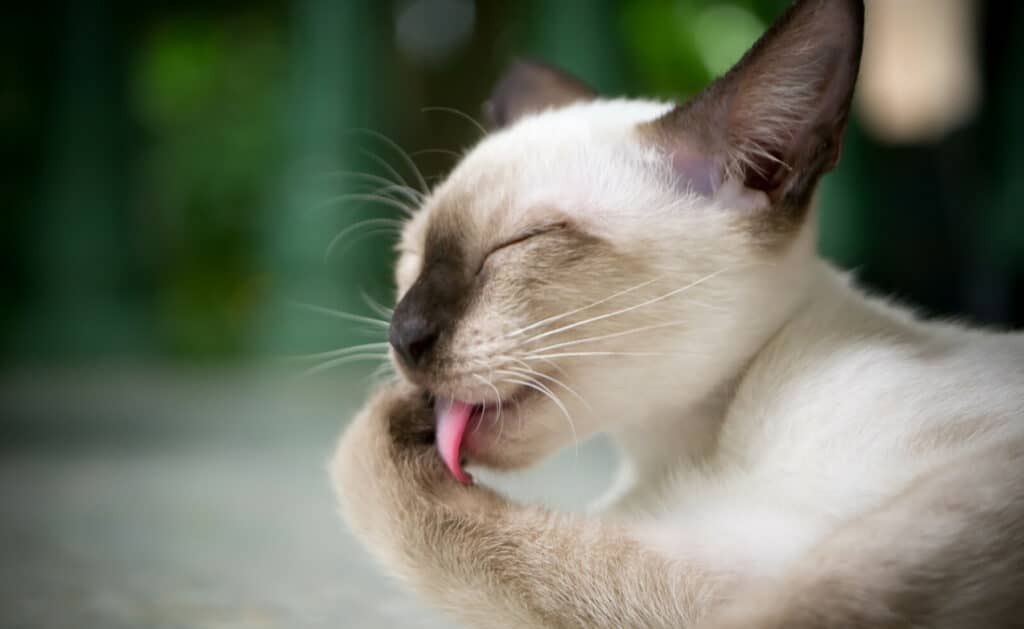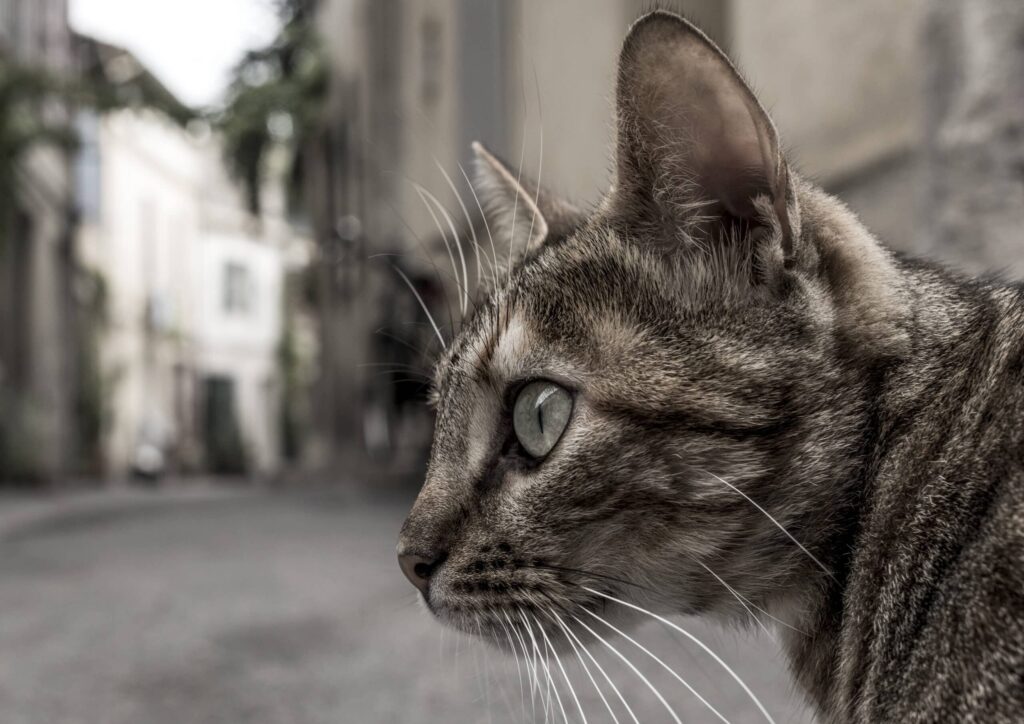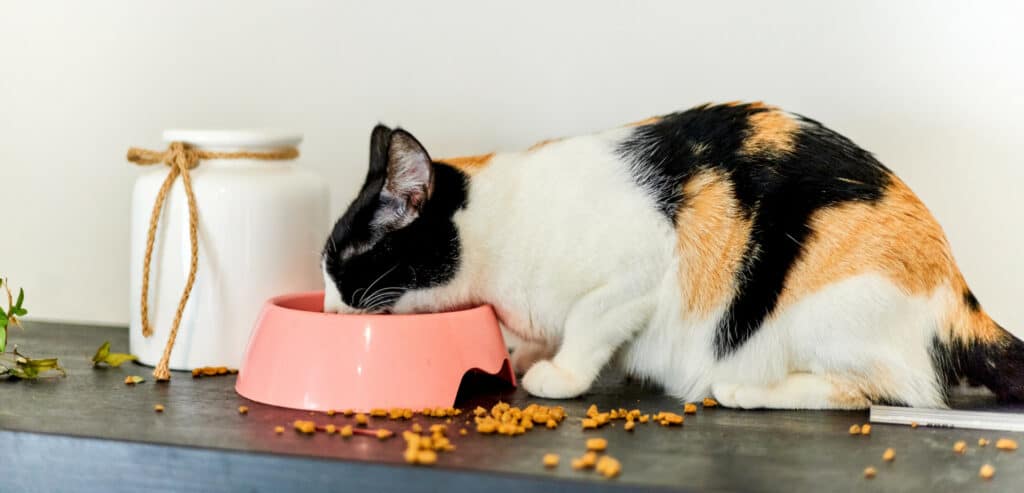
Why do Cats Throw Up So Much?
Have you ever asked yourself, “Why do cats throw up so much?” This article explores the reasons why and explains how to prevent frequent vomiting.
We ailurophiles love our furry feline friends, but one aspect of cat ownership isn’t much fun. Cats have a tendency to throw up regularly. And when the result contains a super-expensive “natural” cat food, we may feel a little miffed!
For some cats, vomiting can be a common occurrence. Fortunately, it can be mitigated once you understand the underlying causes. Let’s dive into the factors that facilitate this frustratingly frequent feline phenomenon.
Hairballs
One of the primary reasons a cat vomits is to expel a hairball. Cats are meticulous groomers, and while their grooming habits help keep them clean, they can also lead to the ingestion of loose fur.
When this hair accumulates in their stomach, it forms a hairball. Cats often cough up to rid themselves of these pesky clumps
One way a cat facilitates this process is to eat grass. Providing cat grass allows your cat to eject its hairball with minimal fuss.

Dietary Sensitivities, Overeating, and toxins
Cats are finicky when it comes to their food. Some may have sensitivities or allergies to certain ingredients, triggering digestive issues and vomiting. Choosing a high-quality cat food that meets your feline’s specific dietary needs is essential.
Some cats tend to gobble down food too quickly, especially when hungry. This can lead to overeating and, subsequently, vomiting. Consider portion control or using a ‘slow-feeding’ bowl to prevent this.
If your feline is prone to eating too fast, this is a likely answer to the question, “Why do cats throw up so much?”
Many common household plants are toxic to your cat. Vomiting, especially when combined with other symptoms, may be caused by one of the many plants dangerous to felines.
See the page linked above for details about harmful plants commonly found in homes and gardens. See the ‘Irritants,’ ‘Gastro,’ and ‘Respiratory’ info boxes below for symptoms to look for.
Indigestible Objects
Curiosity often gets the better of cats, and they may ingest objects or substances that are not meant for consumption, such as plants, string, or small toys.
When their digestive system can’t handle these items, they may throw up to expel them. You can mitigate this risk by following the suggestions in the article Remove Choking Hazards from Your Home.
If your cat is choking, you can perform the Heimlich Maneuver. See the linked website for instructions.
Illness, Infections, and Stress
Sometimes, vomiting can be a symptom of an underlying medical issue, such as infections, gastrointestinal disorders, or kidney disease. If your cat vomits frequently, appears lethargic, or exhibits other concerning symptoms, it’s essential to consult a veterinarian for a proper diagnosis and treatment.
Cats are sensitive creatures, and stress or anxiety can lead to digestive upset and vomiting. Major changes in their environment, routine, or the introduction of new pets can trigger such reactions.
If your cat is vomiting more than usual, especially in combination with other symptoms, consider what might have changed in its environment. Make a note of potential candidates that might explain it. That way, you can easily relay potential causes to your vet if you end up taking your cat in for an examination.
Irritants
Contact your vet if your cat has watery or red eyes, swelling, abnormal itchiness, irritation around its mouth, or difficulty swallowing or breathing.
Gastro
Vomiting and/or diarrhea may indicate your cat has eaten something toxic. If you suspect vomiting and/or diarrhea from something it has eaten, take it to the vet.
Respiratory
Take your cat to the vet immediately if it has an irregular heartbeat, difficulty swallowing, breathing issues, drooling, or is urinating frequently.
Summing Up: Why do Cats Throw Up So Much?
While occasional vomiting is normal for cats, frequent or severe episodes shouldn’t be ignored and must be monitored. Be sure to speak to your veterinarian if you have any concerns about your cat’s health and behavior.
Proper nutrition, regular grooming, and a loving environment can go a long way towards minimizing the instances of cat vomit in your home, ensuring a happy and healthy life for your furry companion.












